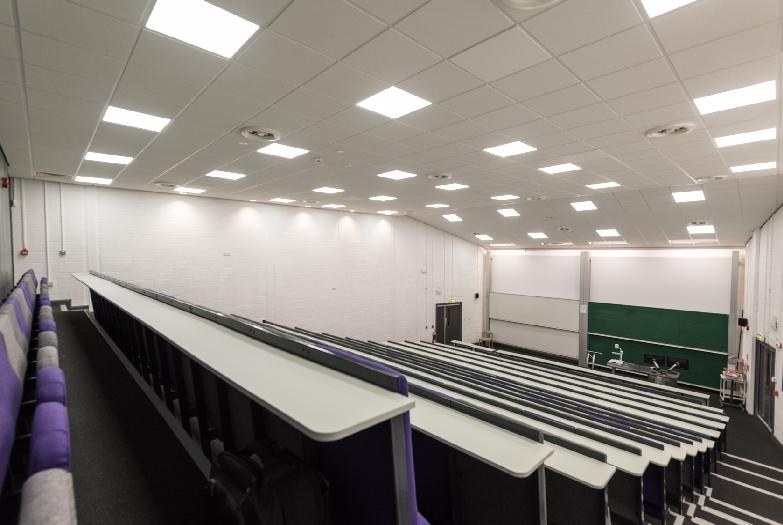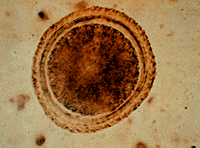
I contacted a friend the other day to ask how he was running the lab during the COVID-19 lockdown. He told me he was just maintaining the life cycle of his parasite. Such is life at the moment. I don’t run a lab, and my current PhD student is doing desk-based analysis, so I am less affected. But like many other academics, my teaching has been moved entirely online.
The lecture theatres are empty. Practical sessions cancelled, alternative assessments organised. My undergraduate parasitology students appear as named placeholders in Zoom as I deliver revision sessions. Their video feed and microphone are muted. Interaction is by text – it seems to work well. Earlier this year we had all been in the same lecture theatre together. Over a dozen hours of face-to-face lectures and practical sessions.
What does this mean for the teaching of parasitology? In one sense, reasonably little. I can deliver a lecture remotely over powerpoint with (almost) the same enthusiasm as standing in a lecture theatre. I miss the feedback from students, and the interactive nature of the lesson is potentially diminished (text-interaction works in a seminar setting, less well for a lecture). But the material is nonetheless delivered and recorded.
On the other hand, the practical elements in particular have been completely stymied. You cannot easily teach how to process and examine sheep faeces for helminth parasites through the medium of Zoom. This means training of students who wish to do lab-based work could be significantly affected. Practicals will have to be redisgned – analaysis of data rather than de novo collection and examination. Whilst this will compensate to a degree, it is not a substitute.
The lack of practical work has caused me to reflect on some of my own experiences of practical work and how they benefited myself as a student. My first ever piece of research in parasitology as an undergraduate was the collection of dog faeces from a playing field in Surrey during a joint field course with fellow Zoology students from Kings College (1989ish). We mapped the playing field and set up a make-shift laboratory in a garage somewhat distant from the other students. Luckily my sense of smell has never been very acute, so I was able (with rudimentary mask in place) to take scoops of dog poo, process them and look down a microscope. What we found in approx. 6% of the samples was evidence of Toxocara canis infection.

Writing up this project, we noted that Toxocara continued to be a public health issue in the area and encouraged deworming to be taken up by the local population.
This single, small and very smelly piece of fieldwork was what started my career in parasitology. It combined elements that I still research and write about today – mapping, diagnosis, public health, control. It showed me that where others might be disgusted, I might be fascinated. It was an epiphany, a grounding, an introduction, a training.
Students who are only learning remotely won’t have the chance to experience this kind of work. They will not test themselves in the same way. They cannot be examined on their laboratory skills. It will be harder to differentiate students in terms of their skill sets.
What will happen post-lockdown? Those students who have missed out on field or lab experiences must be given the opportunity to ‘catch-up’. My suggestion would be to run some kind of intensive short course or summer school which is free for eligible students (ie those who missed out due to the lockdown).
Whatever happens, we need to ensure that parasitology remains a viable discipline. Parasites are an integral part of the global ecosystem. They may be disgusting to some, fascinating to others and are the cause of many premature deaths, much stigma and significant morbidity. Without parasitologists it will harder, if not impossible, to measure or investigate any of those issues. Consequences? The infections themselves, as well as those animals and humans affected by them, will become ever more neglected, cause more stigma, morbidity and premature death. To prevent this vicious cycle we do need to mitigate the lockdown. Comments on how to do this are most welcome….
